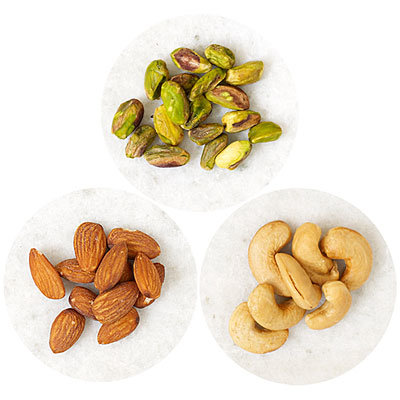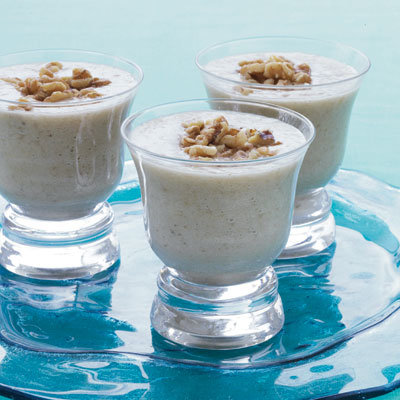Your Weight Loss and Body Detoxification
Your primary need will be to find a good detox program that includes 3 to 5 products that have the right combination of herbs to safely and effectively stimulate cleansing. I have found Detoxologie's "Triple Cleanse" or their "5 Step Program" to be the best. Their programs come with either 3 or 5 products. These products address the steps of internal cleansing that are necessary to produce the best results. These products are made with only the freshest compounds that have no stimulants at all. This program doesn't require you to change your diet, but if you choose to "clean up" your eating habits it will certainly increase your results. The following are some good tips for those looking to do the cleanse and practice healthy lifestyle changes too.
Your Diet: Add Lots of Water and Cut Out Additives
Water. One recommendation both dietitians and holistic practitioners give is to drink plenty of water. There are a variety of diets that detox the body, and the first and foremost step is proper water intake. At least eight glasses of water every day will help flush out those toxins. A water regimen will also be good for you on a long term basis. A reason weight loss and detox dieting go together is that in drinking a lot of water, the stomach feels full and appetites decrease. A great habit to keep up with on a long term basis is adding fresh lemon to the water. The lemon will improve taste and help stimulate cleansing in the liver and colon.
Many people find that food allergies are not just developed in childhood; some allergies can develop later in life and cause water retention, fatigue and a feeling of being "off." They include dairy products, wheat, gluten, and peanuts. For this reason, a week without the foods that most often cause allergies is a good thing. The next part is to cut out foods that are full of additives or that contain possible harmful ingredients. Among harmful ingredients are concentrated sugars and caffeine and artificial sweeteners. Refined sugars and flours are also unhealthy choices. Remember to eat simple unrefined foods. If you are in a hurry, just grab an apple instead of something packaged or fast food, this will hold you over until you can get home and make a healthy meal that will add to your health, not take from it.
Which foods should you keep in your detox diet and which should be eliminated? The base of your diet will be healthy proteins, and almost unlimited fruit and vegetables. Your proteins will include lean red meat, poultry, rice with beans, and fish. The fresh fruits and vegetables should always be included in any daily food regimen. Eliminate caffeine from your diet. If caffeine has played a large role in your diet, you may experience side effects, including headaches. If this is the case, try gradually tapering off your caffeine intake. Some find substituting tea for coffee at the start of the diet can help.
A detox diet can help you begin a long term regimen of healthy eating. If the sudden change in diet results in diarrhea, see a doctor or stop the diet. Most find the detox diet -- particularly when healthy eating is included in the regime -- increases weight loss and helps enhance healthy living in their lives.
Related Articles
-
The Diet Solution Program Review By Bojan,URL:http://bz9.com/03PB
The Diet Solution Program promises a complete and comprehensive wei
-
Healthy Eating: Cranberry Juice Diet Plan
There are many different types of fruit juice diet plans on the market
-
How To Get A Tiny Waist! Get Rid Of Your Big Stomach Really Fast With This New And Effective Diet & Exercise Plan! - Ever Loss
CLICK HERE NOW to Download The EverLoss System and Start Losing 23 LBS
-
RiteSlim Free Trial - RiteSlim Review
According to recent studies, the French has one of the fattiest diets
-
The Tao of Weight Watchers Part Two
As I explained in the first part of this article, th
-
Are Weight Loss Pills for Me?
If you are struggling with weight related issues and have tried numer
- DON'T MISS
- The Top 7 Weight Loss Tips
- Get Rid Of The Excess Pounds Using Hcg Drops
- Trick Your Mind into Weight Loss
- Dieting Torture By Another Name, It Doesnt Need To Be That Way
- Your Motivation to Lose Weight
- Tummy Tuck Thailand - Always Full
- 10 Reasons Your Belly Fat Isnt Going Away
- Online Weight Loss Products, Discover Which One You Should Choose!
- 19 Weight-Loss Secrets From Around the World
- Fast And Easy Weight Loss Tips That Work




